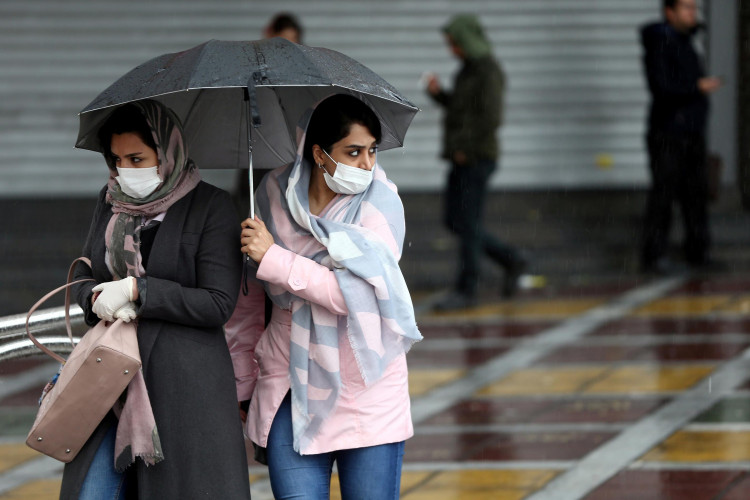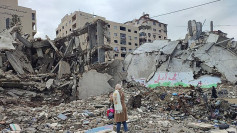The novel coronavirus outbreak in Iran has claimed the lives of 34 people, health authorities disclosed Friday, with the country's vice president becoming the latest high-ranking figure to be inflicted as the virus appeared to spread rapidly.
The dilemma raises questions about how the Islamic republic is dealing with the crisis and whether the secretive regime has been fully transparent about the magnitude of the epidemic. Iran's health ministry spokesperson announced that the country now has a total of 388 positive cases, and has indefinitely suspended parliament due to the crisis.
Iranian health official Kianoush Jahanpour disclosed in a media briefing that the country has the highest number of fatalities from the coronavirus outside of China, where the outbreak was believed to have originated. Among the latest patients is one of the country's seven vice presidents - Massoumeh Ebtekar - who oversees women's affairs.
Four medical experts in Iran with knowledge on how health officials are handling the epidemic, including two assigned at hospitals where sick patients have been treated, said that the total number of those infected is substantially higher compared to the figures released by the government.
Based on reports, among the fatalities also includes a theologian Hadi Khroroshahi, who was appointed Iran's first envoy to the Vatican in 1981. The report comes two days after another top political figure, deputy health minister Iraj Harirchi, director of the country's coronavirus task force, bared that he too had been infected with the virus.
United States Secretary of State Mike Pompeo told the House of Representatives on Friday that the US had offered to help Tehran handle the crisis. Apart from China, where the coronavirus was first detected in December, Iran has the most number of deaths from the new form of the virus. China has reported 2,747 deaths, out of a total of around 78,497 confirmed cases.
On Wednesday, the Iranian government announced local travel bans for people with confirmed or suspected viral infections. Authorities have also imposed curbs on access to key pilgrimage sites, including the Imam Reza shrine in Mashhad and the Fatima Masumeh shrine in Qom. People will be allowed to visit the shrines on condition they are provided hand washing liquids, protective masks, and proper information, Health Minister Saeed Namaki said.
While Iranian officials have implemented some restrictions on holy sites and canceled some prayer services, President Rouhani has reiterated there are no plans to quarantine entire cities affected by the coronavirus. Global health experts have expressed worry about Iran's handling of the virus, but Tehran said the situation has been "improving."






